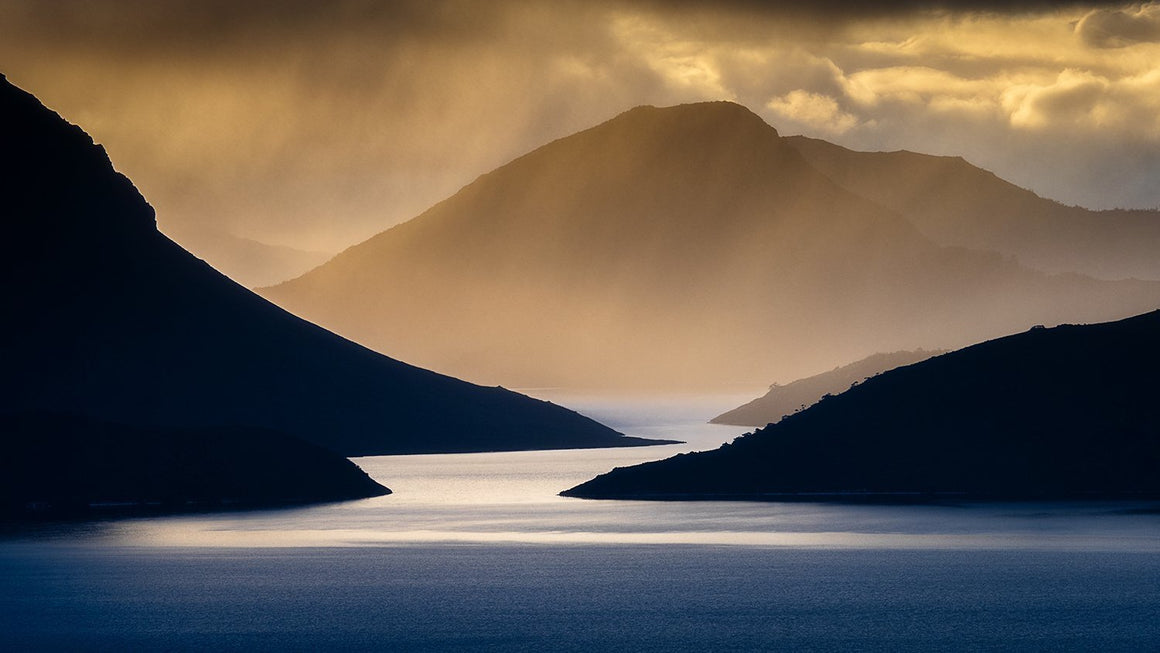PhotoTips #1
What to buy and why

So you have got yourself a nice camera and a lens to head out and photograph the world as you see it. There is no better feeling then having the equipment to capture amazing images, but sometimes you can feel yourself limited by the equipment you have.
- What lenses should you own for what purposes?
- Should you spend more money on lenses or other accessories for your camera?
Below I will cover a few of the most commonly asked questions and the advice that I give to my students when they are faced with the “what lens should I buy?" Question.
Firstly you need to decide what you think you will photograph most. Understanding your vision and passion for a certain aspect of photography will save you money down the track. For example, if you love shooting landscapes, big wide vista’s of beauty then you really should be considering investing in a good wide angle zoom lens. Traditionally a 24mm was considered a good starting point for a wide angle lens. This has somewhat shifted over the past decade or so and you can now buy some brilliant wide angle lens, somewhere in the 16mm starting point.
If you are more into wildlife and/or sports photography, then a longer zoom lens would suit better. For wildlife photography you really want to keep your distance from the wildlife to allow you the best opportunity to capture them in their natural environment. For this type of photography you should consider starting at a 200mm plus tele-photo lens. This will ensure you can get nice close up images without being too close to your subject.
Another important aspect of what lens to buy is the aperture rating of the lens. Most “kit lens” that come with you purchase are really just a beginner lens and are considered “slow” lens, as they only have limited aperture ratings which will be limited depending on your conditions and focal length used.
All brands of cameras make high level optical lens, Canon the most noticeable with their white barrelled “L-series” lens. These are not only brilliant optically but they also allow wider apertures to be used across your full focal range. For example, some lens will allow f2.8 (wide, bright apertures) to be used at any focal length. This allows the opportunity to shoot in darker conditions and to also help with creating lovely shallow depth of field in your images, helping separate your subject from the background.
One thing to remember when looking at expanding your camera gear and a lesson I was taught early on… Invest in the glass. In other words, put your money into the quality of your lens. Having a set of pro lens in conjunction with your vision and passion will put you on the right path to creating sharp, brilliant images.
Happy shooting,


